This website uses cookies so that we can provide you with the best user experience possible. Cookie information is stored in your browser and performs functions such as recognising you when you return to our website and helping our team to understand which sections of the website you find most interesting and useful.
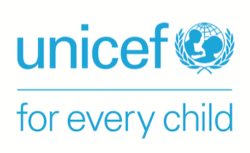
For every child, a champion!
In UNICEF, you will make a difference in the lives of every child together with dedicated and passionate colleagues. Our mandate inspires us to achieve results, keep standards high, to grow and develop professionally as well as personally.
Apply for a job with us and make a better future, for every child.
For every child, make a difference
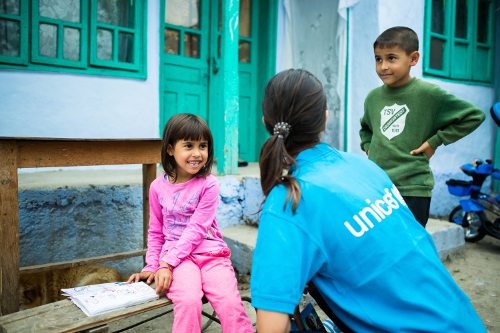
We are determined to make a difference and defend the rights of every child in 190 countries worldwide, every day, everywhere
“I was most excited the day I receive my UNICEF offer letter because my role is exactly in line with my life goals.”
For every child, a calling
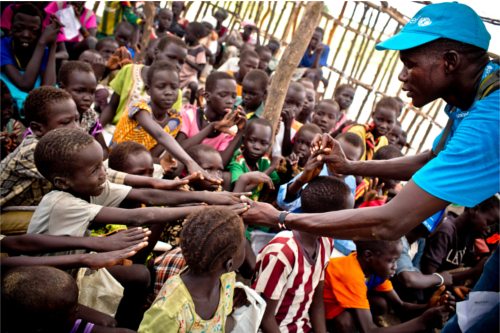
We are committed, passionate and proud of what we do. Promoting the rights of every child is not a job, it’s a calling.
“Moving around the world to serve children has changed my perspectives and life forever”
For every child, inspire
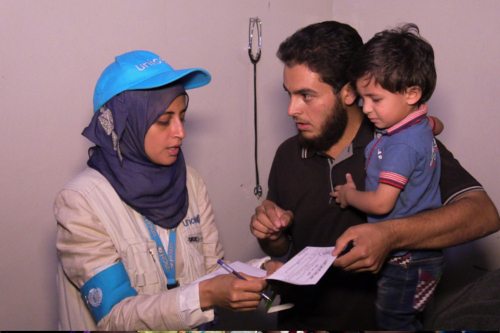
We operate in a dynamic and multicultural context which gives us the opportunity to exhibit our skills to the highest with the freedom to innovate.
“I work with passionate people from different backgrounds world-wide dedicating their lives for the better for the children”
Please find below voices of UNICEF international staff members and insight into the way the organization works, day by day, to improve the lives of individual children around the world.
Aidai Kudaibergenova – Admin/HR Associate, UNICEF Kyrgyzstan
For every child, a chance to laugh and play.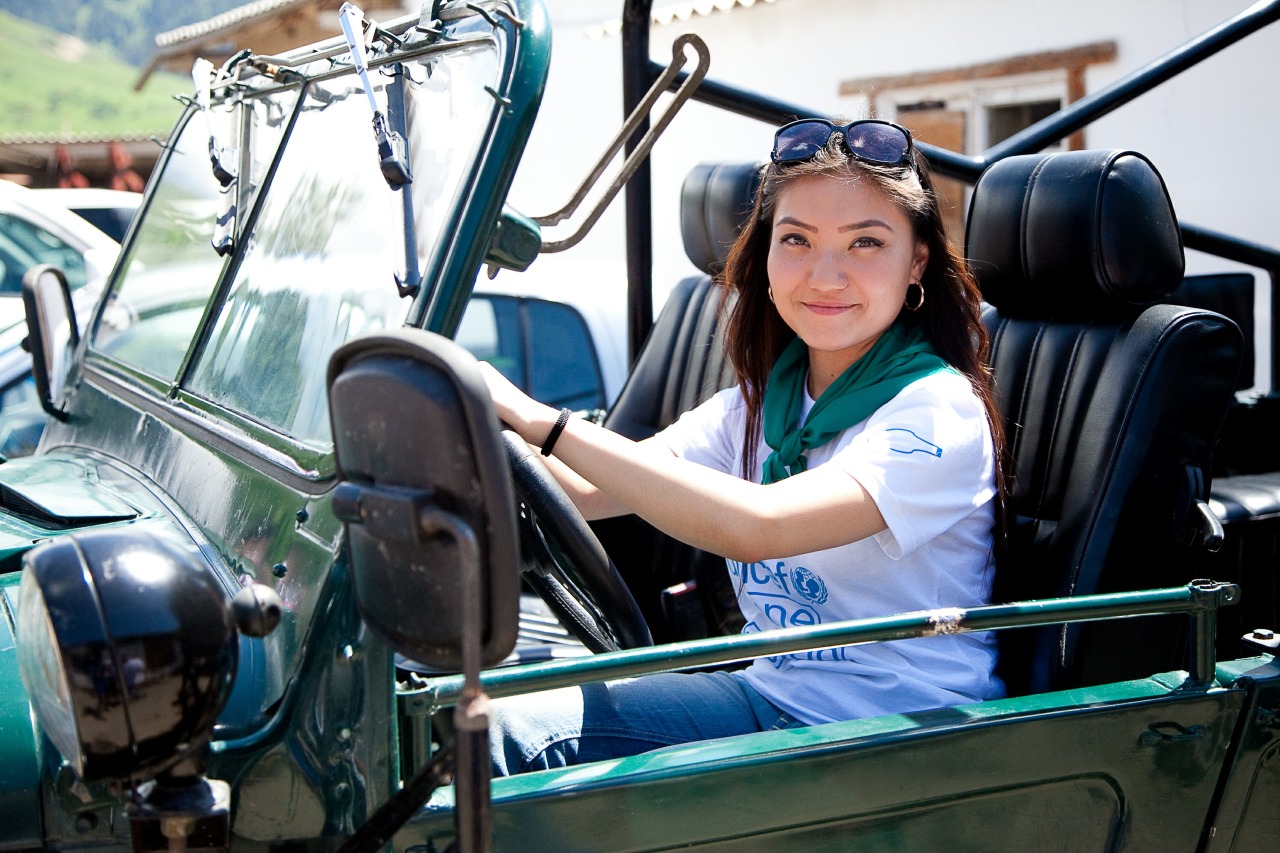
Tell us a bit about your background
I grew up in Naryn, a province in eastern Kyrgyzstan, in a family of doctors. My grandfather was a surgeon, my father is a pediatrician and my mother an ophthalmologist. I have a younger brother who has been living in Beijing for the last ten years. This year he completed his second master’s degree and he is currently working for the Kyrgyz Ministry of Foreign Affairs. I am very proud of my family; they are my heroes. Since childhood, I’ve been very active and attended different contests, what we call ‘olympiads.’ One of my biggest achievements was to win the FLEX programme which gave me the opportunity to live in the U.S. and expand my horizons. Later, I graduated from the American University in Central Asia, majoring in HR. I am currently studying Accounting and Audit in my free time.
What do you do?
As an Admin/HR Associate, I manage recruitment processes and placement, facilitate travel arrangements, support in the processing of entitlements and benefits, and ensure payroll accuracy. In addition, I supervise drivers and vehicle administration.
What’s your working day like?
I wake up early and take a little time to review my to-do list. My working day usually starts with coffee and e-mail. Afterwards, I respond to urgent tasks, supporting programme colleagues on managing HR, travel and admin processes. During the day, I have meetings and calls with colleagues, and also interact with many other people. Before leaving, I check for new policies or procedures.
How would you describe your job to a 5-year-old?
My job has a strange name – Administration and Human Resources. What it means is that my job is all about people, and supporting them. It is my job to make sure we find people to work with us. It is important to make sure that someone’s work changes the lives of children. I make sure that everyone gets paid their money for work and travel. That is very important because adults need money to pay for food and house, and to buy toys for children. I do everything I can to make the workplace a nice place where people feel happy. An important part of my job is to answer questions and to do that, I am always reading to learn new things.
What did you want to be when you were a child?
I knew, even in kindergarten, that I wanted to work for UNICEF. It was the time when UNICEF first launched programmes in rural areas in Kyrgyzstan. I was five years old, and our teacher explained to us that the people from UNICEF were kind, helping children to grow and be good. They travelled high in the mountains and gave food, medicines and books to children in need. In the future, if we wanted to work for UNICEF, we would have to get the best grades in school and be obedient.
How/when did you join UNICEF?
I joined UNICEF in 2009 as a volunteer in the Health and Nutrition section. After graduating university in 2011, I supported the operations section in preparing for the audit. From 2012, I worked as an Administrative Assistant, and recently I was reassigned as Admin/HR Associate. I am growing up with UNICEF.
What are the most satisfying parts of your job?
I am very proud to know that my daily work at UNICEF is helping improve children’s lives. I feel satisfied when I see children laughing and playing without any worries. I feel satisfied working with smart people who really care about the work they do.
What’s the most challenging aspect of your job?
Multi-tasking, responding accurately and swiftly to urgent tasks, and meeting deadlines.
What’s your best UNICEF experience/memory?
One of my best experiences with UNICEF is being involved in organizing an Executive Board Mission to Kyrgyzstan. During this mission, we went on a field visit, and I got to see how our projects are implemented in schools, medical facilities, and kindergartens, and how they are affecting children’s lives. I saw how local people appreciated our work and felt their gratitude.
What advice would you give others who are seeking a similar job as yours?
Never give up and work hard to develop yourself in everything, be it knowledge, skills, cooking, language, relationships, and so on. No matter what is happening in the world, treat people the way you want to be treated.
Skender Nushi – Human Resources Manager, UNICEF Geneva Headquarters
For every child, a champion.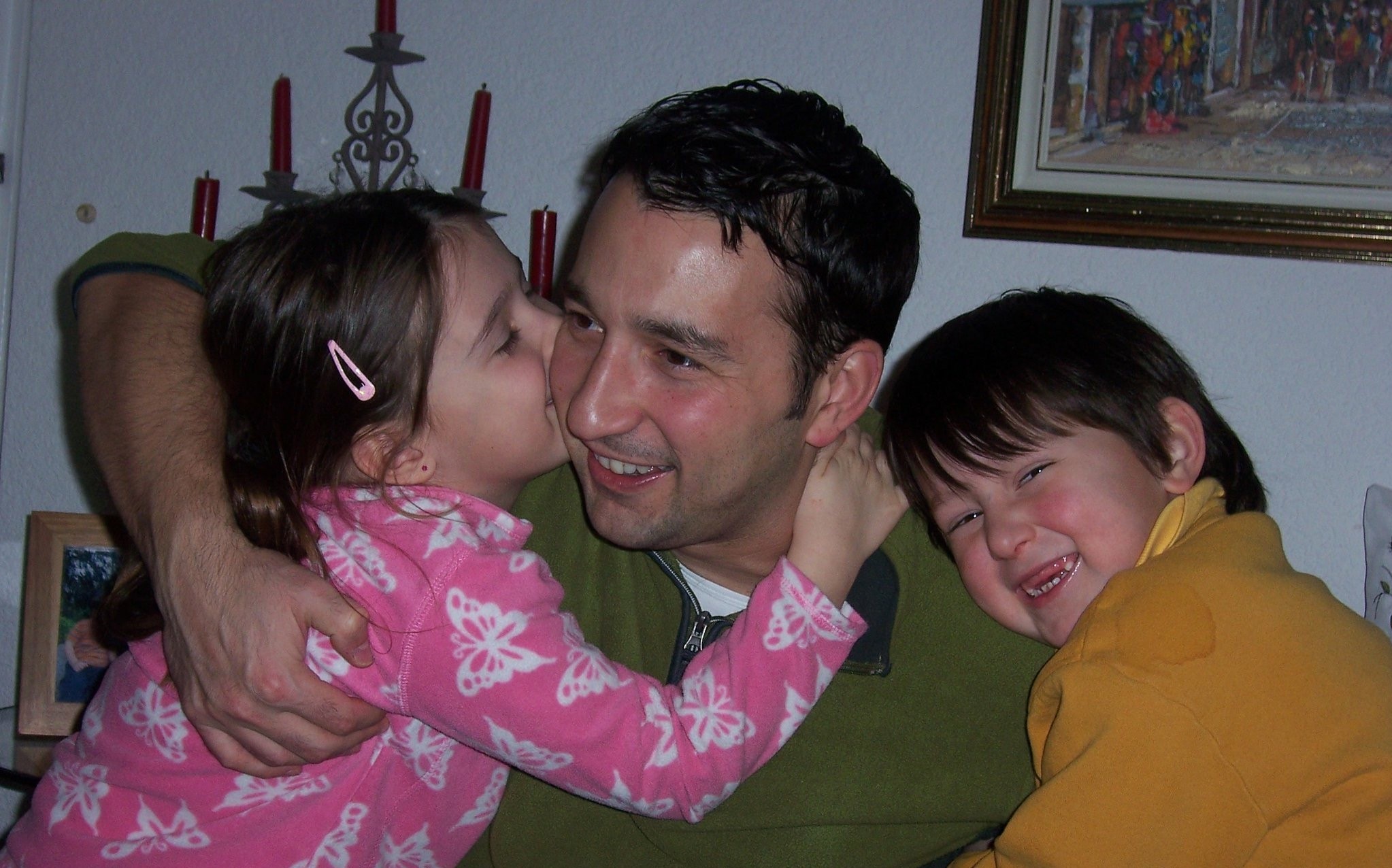
Tell us a bit about your background.
I was born in Kosovo in 1992 and at the age of 15, I migrated to the United Kingdom due to political instability in Former Yugoslavia and Kosovo itself. I completed both my secondary education and a college degree in the UK while I simultaneously pursued my passion and ambition of becoming a professional footballer – a dream that unfortunately was not realized due to some factors.
In July of 1999, at the age of 22, I returned to Kosovo and it was at this point in time that I was given my first opportunity to work for UNICEF.
What do you do?
I am currently working in the capacity of HR Manager for the Regional Office in Geneva. This role requires managing a portfolio, extending the full scope of HR services to the Regional Office for European and other entities based in Geneva such as the Office of Emergency Programmes (EMOPS) and Public Partnerships (PPD), and, 21 country offices in the region overall.
What is a typical workday like for you?
A typical working day ranges from answering queries on a day to day HR issues, to career conversations or recruitment and dealing with performance related issues. It is this diverse rainbow of activities that bring a unique opportunity that allows me to appreciate the importance and uniqueness of the HR function itself. In addition to this being a professionally satisfactory role, having the opportunity to interact and engage with clients and different stakeholders helps me appreciate and become personally closer to UNICEF’s mandate.
As with all careers, growth is an essential component. Can you please share your experiences with us?
My motto for career growth is that the starting point lies with me. I try bringing principles inspired by sports psychology into my daily work – if you want to be successful you have to be prepared to work hard, be determined and prepared to put in the required extra hours to go that extra mile. I have tried to live by those principles in my daily work. I try to make a real difference and demonstrate the value I add to UNICEF through the work that I produce.
What has your career trajectory looked like?
My career trajectory has seen my work with UNICEF in the position of HR Assistant at GS level for nearly 8 years. In 2007 I decided to move on as I felt I needed a new challenge. I decided to return to London and pursue a Masters in HR Management while at the same time worked in the private sector as an HR Officer in the Financial Services industry in London. I returned to UNICEF in Sept 2009 in the Regional Office for CEE/CIS in Geneva in the capacity of HR Specialist. Having spent 5 years in Geneva I moved to NY where I worked for a brief 6 month period, before returning to Europe and taking an appointment with IAEA in the capacity of HR Specialist. I rejoined UNICEF again in Mar 2017, after having spent nearly 2 years with IAEA.
What are the most satisfying parts of your job?
The ability to strengthen the reputation and brand of HR which comes through the delivery of results, sustainable partnerships and establishing yourself as a partner of choice for our clients and stakeholders with whom we interact. Knowing that I am able to support and contribute to the organizational results through my interaction is what makes coming to work worthwhile.
What advice would you give others who are seeking a similar job to yours?
Working for UNICEF is a really unique opportunity. The organizational culture is very friendly and encouraging for staff, you feel the sense of belonging that you are part of a large family. Knowledge is shared freely and the environment supports people to succeed. It is equally important that you demonstrate the right attitude and willingness to make a difference. Be prepared to work hard, demonstrate the added value that you bring to the organization and don’t settle for second best! Be courageous, honest and challenge yourself in your work so that you continue to grow both professionally and personally. Take on these challenges and be brave enough to even do those things you have not done before. Forcing yourself out of your comfort zone will allow you to acquire new knowledge and skills while allowing you to build your adaptability capabilities which are crucial in today’s continuously and ever-changing environment.
Wendy Rich Orloff – Early Childhood Development Specialist, UNICEF Pacific
For every child, a chance to learn and grow.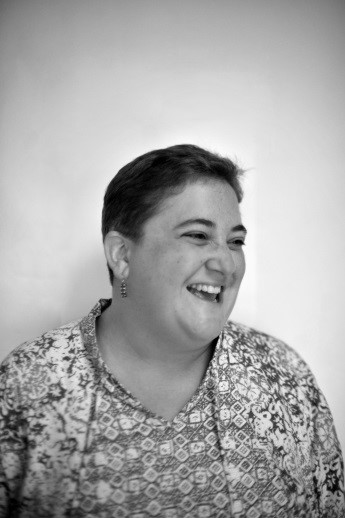
If you had to describe your job to a 5-year-old, how would you explain it?
To a 5-year-old I would say, “I make sure you can go to a preschool that is safe and engaging, is full of fun toys and games, is a place where you get to play with your friends and teachers and learn things while having fun! Your teachers know how to positively interact with you and make you feel safe and loved, and they use the same language you do at home. I help make sure that you are learning school readiness skills that foster a love for school and learning, and do not push you to do things that you are not yet ready to do or learn. I want to make sure your parents know how best to keep you safe and support your growth, and show how much they love you! 5 is a fun age to be, full of life and play!”
Describe how you became a UNICEF employee.
I believe I was always destined to work in international development, and I have spent many years working towards this path. Growing up in the USA, I remember very clearly the little orange UNICEF boxes I would take with me each year Trick-or-Treating during Halloween to collect change to donate to UNICEF. While learning about President John F. Kennedy and the U.S. Peace Corps in high school, I clearly remember thinking that I wanted to become a volunteer (after graduating college and teaching for 3 years, I quit and joined the Peace Corps in Samoa from 1997-2000). That experience solidified my desire to work in international education development, and my career choices since then have centred on my long-term goal of earning a full-time position in this field (still working towards this!). I want to dedicate the rest of my life to supporting international access to quality development and education opportunities for the youngest children.
What has been the biggest frustration in your career?
I find one challenge is to continually check myself – I am NOT a “Specialist”, I am a “Facilitator”. If I define myself as a specialist, I inherently close myself off from learning from others, as if I know all the answers. However, if I take the perspective that I am a facilitator, I am there to support the learning and growing in all interactions I have, including my own!
What are the most satisfying parts of your job?
Currently, the most satisfying part of my job is driving the Pacific Regional Council for Early Childhood Care and Education (PRC4ECCE) as Chair (UNICEF Pacific is Secretariat). We have built PRC4ECCE into a Council with representation from 13 Pacific Island Countries, and we have engaged a variety of Advisory Board members throughout the region. We have recently finalized the Pacific Guidelines for the Development of National Quality Framework for ECCE – Programming for Ages Three to Five, which is organized around five suggested components identified by the Pacific Region which provide the impetus and foundation for quality implementation, namely: Policy/Legislation & Governance; Human Resources; Curriculum, Child Assessment, and Environment; Performance Monitoring and Assessment; and Family and Community Partnerships. These guidelines are on track to be presented in April 2014 for formal endorsement by all regional Education Ministers, which will then increase both the advocacy for and attention to ECCE in all countries.
What advice would you give others who are looking to get where you are?
My one piece of advice that I would share – identify your dreams, follow them, and be flexible enough to find them even in the detours that life takes us.
Henri Heikura – Human Resources Manager, UNICEF China
For every child, an advocate.
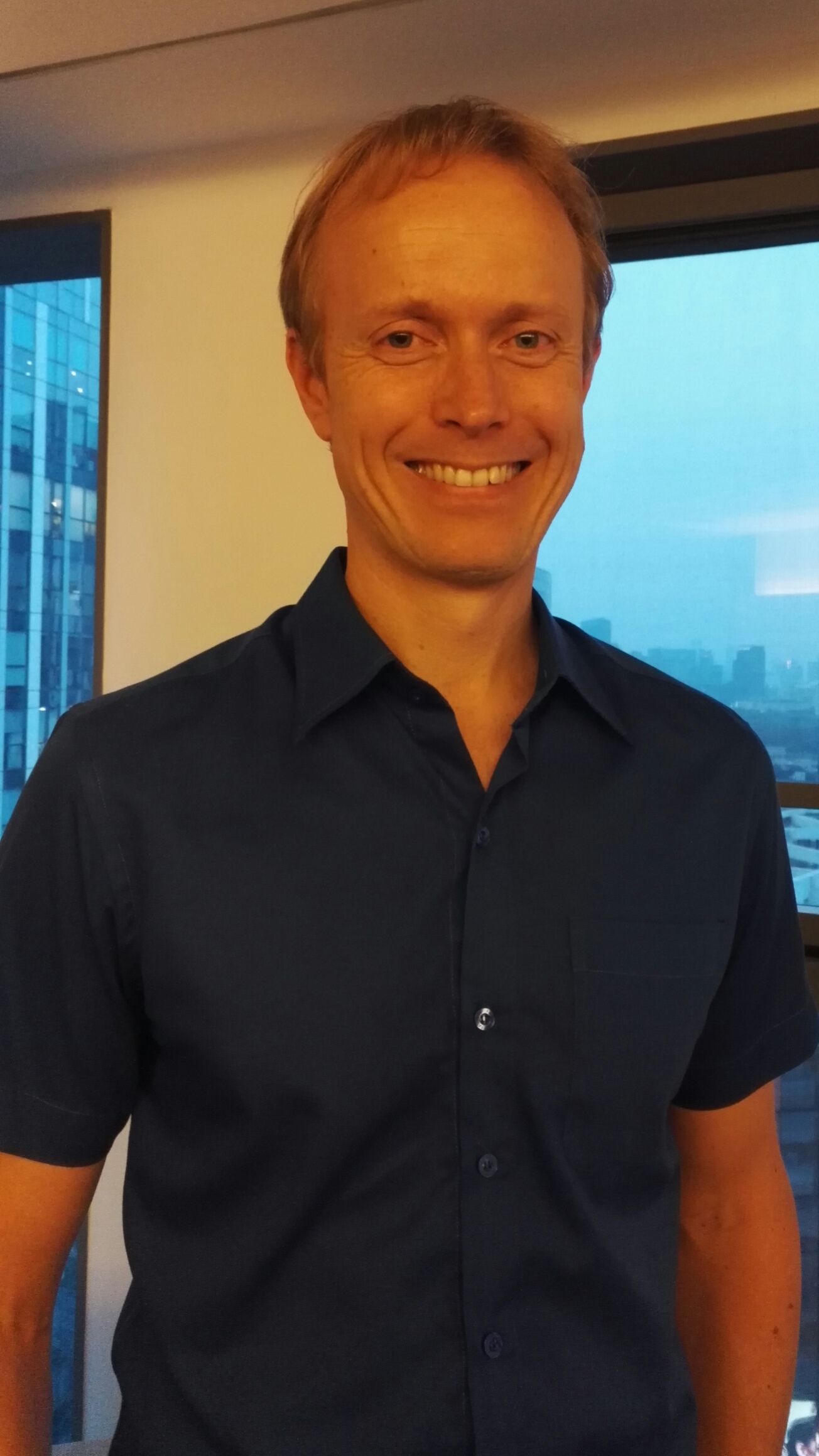
Tell us a bit about your background and what you do at UNICEF.
I manage the Human Resource (HR) portfolio for three UNICEF Offices, i.e. China, Mongolia and DPR Korea. This entails a wide range of HR activities related to organizational planning, recruitment, training and development, administration, staff relations, performance management, entitlements etc.
As with all careers, growth is an essential component. Can you please share your experiences with us?
I joined UNICEF through the NETI programme in 2010. With every assignment, something new and exciting has come into the picture. Sometimes a move comes with added responsibilities; at other times it brings a new context or culture. Each one of them requires (formal and informal) learning and adapting, and while confidence has increased during the years, there is always room for further growth.
What has your career trajectory looked like?
After completing my Master’s degree, I worked for approximately 5 years in the private sector with two global telecommunications companies. Having obtained some good experience and early career successes in the private sector, I started thinking of how to combine my growing HR expertise with my passion for international development with which I had been involved during and in-between my studies. The answer was UNICEF. My first assignment was in New York HQ working in the mobility and staffing team, after which I was posted for three years in Cambodia as an HR Specialist, and now in China heading the HR function for three country offices including Mongolia and DPR Korea. In between, I’ve done shorter assignments with the UNICEF offices in Zimbabwe and Bolivia.
What are the most satisfying parts of your job?
UNICEF’s mandate is unique and I’m grateful every day for the privilege to be allowed to work for this exceptional cause. While it may seem I am a small piece in the big machine, with my contribution I’m part of delivering the wonderful results we achieve every day across the globe. I feel satisfaction every morning when I come to the office and open the intranet and see the most recent news from various countries and regions. On a smaller scale, it brings great pleasure to complete something that has been in the works for a while, be it a recruitment, a training programme, an event, a mission or anything else.
What is your best UNICEF experience?
To single one out one memory or experience would not be fair. UNICEF has been my life for the past 7 years; this in itself is a memory, a commitment, a lifestyle and a mandate that I will cherish forever.
What advice would you give others who are seeking a similar job as yours?
Advice is always a tricky thing because what works for one may not work for others. Having said that, I would advise you to follow your passions and seek jobs that you find interesting and rewarding. As for HR, the function is too often (also in UNICEF) seen as the bureaucratic part of the organization that complicates life for everyone else. In my mind, a successful HR person is an enabler, someone who knows and understands the organization, who recognizes the risks but who within the existing boundaries, comes up with answers and solutions. HR at its peak does not slow things down but rather makes things happen. As an individual, be committed, passionate and results driven, and moreover, be professional, trustworthy and honest. Passion is contagious, and doing your job well is your best credential for that next assignment – whatever it may be.
Narine Aslanyan – Deputy Representative UNICEF Libya
For every child, equal opportunities to survive and thrive.
What is one of your memorable experience working for UNICEF?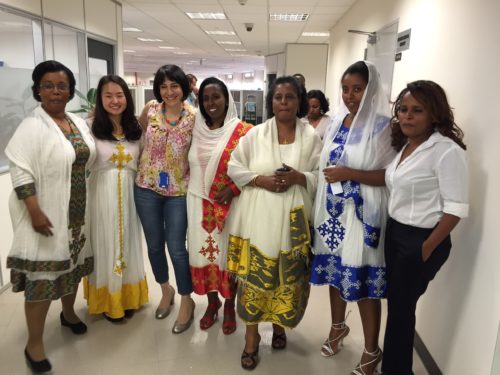
At the beginning of January 2014, I was travelling to the Gambella region of Ethiopia for an emergency preparedness mission in my capacity of the Emergency Specialist of UNICEF Ethiopia country office. UNICEF’s emergency team has anticipated that the power struggle between President Kiir and his deputy Riek Machar would result into displacement of the South Sudanese refugees to Ethiopia. Therefore, I was tasked to review the contingency plan, including the situation of health centres, schools, and other local government institutions at the border entry point to Ethiopia.
On that particular day, I was on my way to Pagak village situated at the border between Ethiopia and South Sudan which was around a two-hour drive from Gabmella city – the capital of Gambella region. It was a beautiful sunny day. While buying sweet mangos on the road, after an interesting dialogue with colleagues, and while having this inspiring music at the background, it did not cross our minds what we might face and see later. As we approached Pagak, I was surprised to notice an unusual crowd of people. As we drove closer and closer, I could see thousands of women sitting on the ground along and off the road, while thousands of children were playing in the pullulated river stream under the trees and bushes, running along the road. It took me a while to realise and understand what had happened – as expected the war in South Sudan has displaced women and children to Ethiopia, while the men stayed behind the fighting. The vulnerability of these displaced people was extreme – they did not have food or water, carrying a small bag with few personal items, children had hardly any clothes and only few of them had plastic flip-flops.
I remember, I got out of the car and worked along the road to get a reception on my cell phone while surrounded by children calling me “khavaja” and trying to hold my hand. I called our office to update my colleagues of the situation. I could not find words to express what I was looking at “Thousands”, I said, “thousands and thousands women and children are at Pagak border crossing point and they all need immediate assistance to survive”. Within the next two days, UNICEF team with its partners had significantly strengthened the capacity of the health post at Pagak, started nutrition screening of the children, measles vaccination campaigns and established child-friendly spaces.
What advice do you have for women currently in an emergency context?
Be positive, pragmatic but always critical. The worst that can happen to any humanitarian aid worker is to accept the status quo as normality; accept the suboptimal quality of humanitarian programmes, delays in the delivery of assistance, apathy of service providers and conformity to the situation. Children affected by the disaster have equal rights and higher need to survive and thrive regardless of all the challenges and circumstances. Humanitarian aid workers can only make a difference by not give up and demanding the highest attainable care and services, compassion and support for disaster-affected children and their families.
What are the main benefits/challenges of working in an emergency context?
There will be scenes that will follow you all your life – scenes of tragedy, extreme human suffering and destitute. But at the same time, you will have this incredibly rewarding feeling that makes you wake up every morning and get into a spiral of never-ending work. The commitment to deliver more and better will grow, after you see a child finally receiving her school bag delivered by UNICEF and entering the classroom made of coagulated iron sheets in the refugee camp that has only been finished the night before.
What does your typical workday look like?
Currently, I am the Deputy Representative of UNICEF Libya. My job could seem like a regular office job – I arrive at the office in the morning, switch on my computer, answer my emails, review documents and meet people. However, there is something particular about my day and that is the “purpose’ to deliver care for vulnerable women and children. I need to ensure that we have resources to continue implementing the humanitarian programmes. I need to review the documents of UNICEF partners programme proposal and ensure that they have mobilized all the effort to start to deliver service in the conflict-affected cities of Libya. I have to review the data to ensure that UNICEF truly impacting the lives of the displaced children and their families. I need to ensure that all the government stakeholders are aware of UNICEF programmes while UNICEF programme team remains focused on delivering programmes that take into account the vulnerabilities and needs of the children. The scope and scale of my work are wide, though often demanding and challenging, it is always rewarding and inspiring.
What role does diversity play in working in an emergency country context?
Diversity is a key in the context of the humanitarian crisis. The motivation of travel out of the comfort of our own family, town and country and try to understand a different culture of the host country – not just for the intellectual discourse – to make a difference in the lives of people in peril as a part of a multinational diverse team. After working with so many diverse teams, definitely, I can say that diversity allows overcoming problems, sometimes to think out of the box, creating innovative ways and solutions to complex situations.
For every child, an advocate.
If you are committed, creative professional, are passionate about making a lasting difference for children and are comfortable working in a challenging environment, the world’s leading children’s rights organization would like to hear from you.
UNICEF is committed to diversity and inclusion within its workforce and encourages qualified female and male candidates from all national, religious and ethnic backgrounds, including persons living with disabilities, to apply to become a part of our organization.
More than 13,000 staff work with UNICEF, with approximately 85 per located in the field in 190 countries. Seven regional offices and over 124 country offices worldwide, 24 national committees, a research centre in Florence, a supply division in Copenhagen and offices in Tokyo, Berlin and Brussels and UNICEF headquarters in New York and Geneva work on helping children survive and thrive, from early childhood through adolescence.
We employ committed professional to work in our focus areas: Child Survival and Development, Basic Education and Gender Equality, Child Protection and Inclusion, Policy Advocacy and Partnerships. We also employ staff with expertise in administration and finance, human resources, information technology, supply and logistics as well as external relations and communication. UNICEF’s presence in humanitarian crises means that we also seek experts in emergency preparedness and response.
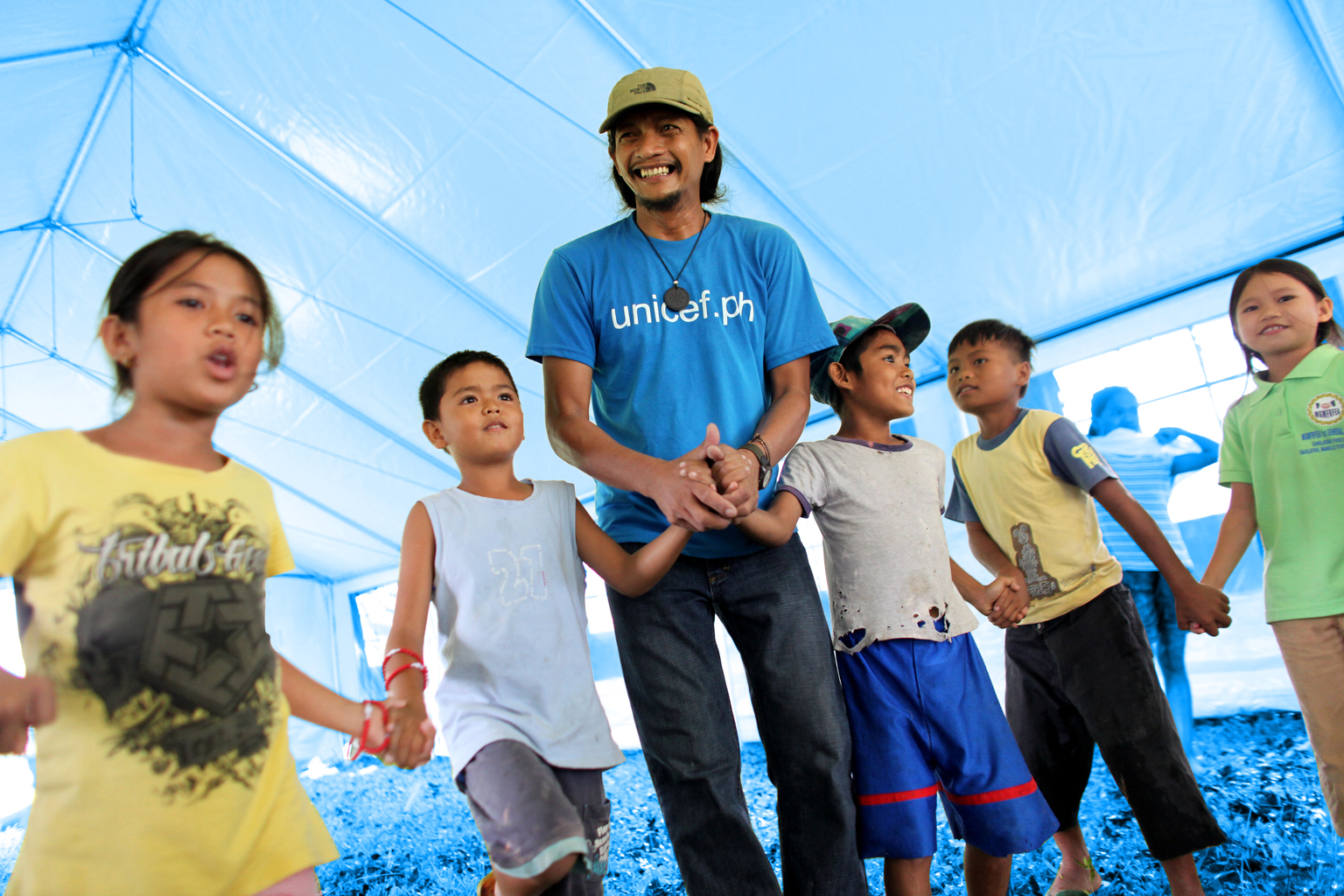
© UNICEF/UN074432/UNICEF/UNI134384/Estey
Our Story
UNICEF was established in the aftermath of World War II to help children whose lives and futures were at risk – no matter what country they were from. The only thing that mattered to UNICEF was reaching every child in need. What mattered was achieving results.
Today, with conflicts and crises around the world threatening and displacing millions of children, and millions more facing poverty, deprivation, violence, exploitation and discrimination, achieving results for children matters more than ever – and achieving them for every child is still UNICEF’s driving force.
We bring 70 years of field-tested expertise, a network that spans the globe, a passion for innovation and a commitment to making every dollar count. Impartial and non-political, we are never neutral when it comes to protecting children’s rights and safeguarding their lives and futures.
We work day-in and day-out, in 190 countries and territories, and some of the world’s toughest places, to reach the children who are most at risk and most in need.
We work to save their lives. To defend their rights. To keep them safe from harm. To give them a childhood in which they’re protected, healthy and educated. To give them a fair chance to fulfill their potential — so that someday, they can help build a better world.
And we never give up.
UNICEF, for every child.
Company Statistics
Date established
Headquarters
Number of employees
